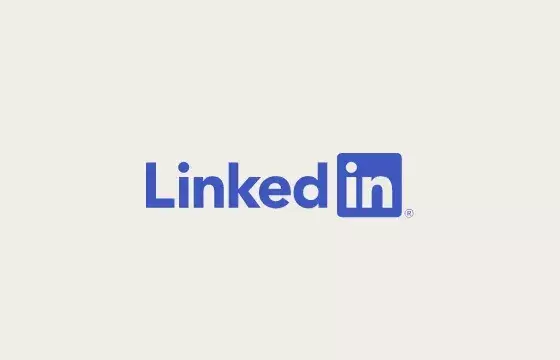In the hyper-saturated realm of professional networking, authenticity is often touted as the bedrock of credibility. Yet, beneath the surface, a disturbing trend undermines the very foundations these platforms claim to uphold. The proliferation of fake profiles and orchestrated engagement pods reveals a brutal truth: many users and even the platform itself prioritize superficial metrics over genuine value. This deception does not just distort individual reputations; it erodes trust at a systemic level. We are living in an era where the veneer of professionalism can be easily fabricated, diminishing the significance of true expertise and meaningful connection.
Platforms like LinkedIn, which are ostensibly designed to foster authentic professional growth, have become fertile ground for manipulative tactics. The use of AI tools to generate mass comments, the existence of engagement pods coordinating likes and comments, and the deliberate creation of fake profiles serve as a testament to the commodification of digital validation. Such tactics have become so widespread that the line separating genuine interaction from automated noise has nearly faded. This environment encourages a competition for attention that is driven more by manipulative activity than honest effort—a disturbing paradigm shift that dilutes the platform’s purpose.
Corporate Responses: Too Little, Too Late?
The platform’s recent moves—such as adding restrictions on comment activity or publicly acknowledging the presence of automated engagement—indicate an official recognition of the problem. However, these measures are often superficial. Limiting the number of comments or reducing visibility when automated tools are detected might sound decisive, yet it merely scratches the surface of the deeper issues at play. The core problem isn’t just the presence of automated interactions; it’s the normalization of deceptive practices as a means to inflate credibility artificially.
Furthermore, there is a palpable skepticism about the sincerity of these efforts. Historically, social platforms have been accused of turning a blind eye to such misconduct because inflated engagement metrics benefit their bottom line. The more activity and apparent vibrancy, the more attractive the platform appears to advertisers and new users. This stokes a dangerous complacency: why truly root out manipulation when it keeps engagement metrics high? The platform’s words may suggest a commitment to stamping out fake activity, but actions—especially when they remain incremental—seem to reflect a reluctant acknowledgment rather than a bold stance against fraud.
The Hidden Cost of Fake Engagement
Beyond the superficial layer of likes and comments, the consequences of widespread artificial engagement are profoundly corrosive. For individual professionals, it creates a false sense of influence, encouraging them to chase numbers rather than substantive relationships. For organizations, it hampers genuine talent discovery, as recruiters and decision-makers fall prey to inflated profiles and faux credibility. Ultimately, the entire ecosystem suffers because the value of authentic interaction diminishes, replaced by a distorted landscape governed by calculated manipulation.
On a broader societal level, this phenomenon fosters cynicism. As users become aware that engagement can be bought or artificially manufactured, trust in digital platforms erodes. When perceived as rife with bots, fake profiles, and engagement tricks, these platforms risk losing their status as reliable venues for professional development. The cynics and skeptics emerge, questioning whether any interaction on these sites is truly genuine—undermining the very core principles of professional networking.
A Call for Real Reforms, Not Just Surface-Level Fixes
For platforms that tout themselves as guardians of professional integrity, accepting and merely managing “excessive comment creation” or “automation” is insufficient. What is needed is a fundamental overhaul—a redefinition of what genuine engagement means in the digital age. This involves not just technical detection but cultivating a cultural shift that prizes transparency, accountability, and real contribution over clickbait metrics.
Legal enforcement should play a much larger role. Just as data scraping and misuse are actively prosecuted, so should the operators and promoters of engagement pods and automation services face stricter penalties. The industry must move beyond passive acknowledgment and actively dismantle these networks. Furthermore, creating incentives for users and companies to prioritize quality over quantity would send a much-needed message: real achievements are recognized—not artifices.
In my opinion, the current approach is too reactive and too limited. Genuine reform requires an honest confrontation of the incentives that drive manipulation—be it economic or status-driven. Only through decisive actions, strict enforcement, and a cultural shift championing sincerity can platforms hope to recover their integrity.
Ultimately, if we wish to restore value to professional networking, we must confront the inconvenient truth: deception has become embedded into the very fabric of digital reputation. Until significant changes are made, the illusion of credibility remains just that—an elaborate façade hiding a hollow core.









Leave a Reply